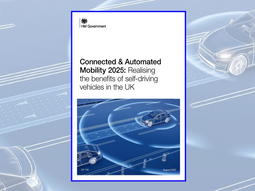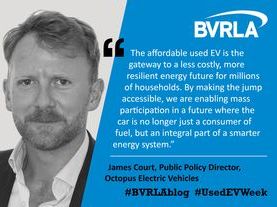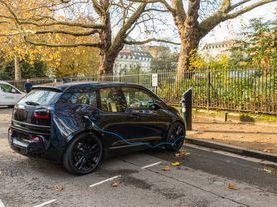The government has responded to the Law Commission review into self-driving vehicles. It is keen to introduce legislation as soon as parliamentary time allows – with a view to self-driving vehicles being on the road by 2025.

Some vehicles, including cars, coaches and lorries, with self-driving features could be operating on motorways in the next year, and the new plans set out new legislation which will allow for the safe wider rollout of self-driving vehicles by 2025.
The legislation will build on existing laws and state that manufacturers are responsible for the vehicle’s actions when self-driving, meaning a human driver would not be liable for incidents related to driving while the vehicle is in control.
The government’s vision for self-driving vehicles is backed by a total of £100 million, with £34 million confirmed for research to support safety developments and inform more detailed legislation. This could include researching the performance of self-driving cars in poor weather conditions and how they interact with pedestrians, other vehicles, and cyclists.
The government has also confirmed £20 million (as part of the overall £100 million) to help kick-start commercial self-driving services and enable businesses to grow and create jobs in the UK. This follows an existing £40 million investment.
The government is consulting on a ‘safety ambition’ for self-driving vehicles to be as safe as a competent and careful human driver. This ambition would inform standards that vehicles need to meet to be allowed to ‘self-drive’ on the roads, and organisations, such as manufacturers, could face sanctions if standards are not met.
More information on the GOV.UK website.
Member’s may also find the latest Law Commission consultation into ‘remote driving’ of interest.
This has been commissioned by the Department for Transport, asking the Law Commission to clarify the current legal status of remote driving and consider whether reforms are needed. This paper holds relevance to BVRLA members for two reasons:
- There are several start-up companies who are trialling/looking to trial remote driving within a rental setting to overcome the need for customer drop offs/collections.
- Some of the vehicles being used by these start-up companies will be rented/leased. To enable the vehicle to be driven remotely devices may need to be fitted - this may not always be disclosed to the rental/leasing provider but could have important safety/liability consequences.
The Law Commission is proposing that a licenced organisation should be set up to maintain safety. This would also ensure that any liability would sit with the organisation responsible for the remote driving not the vehicle owner. The Law Commission sets out a full list of responsibilities for the licensed organisation on page 9 of the consultation, these include being responsible for driver training, insurance and maintenance of the vehicle.
Members can feed in their views to the BVRLA’s response to the consultation by emailing [email protected].




